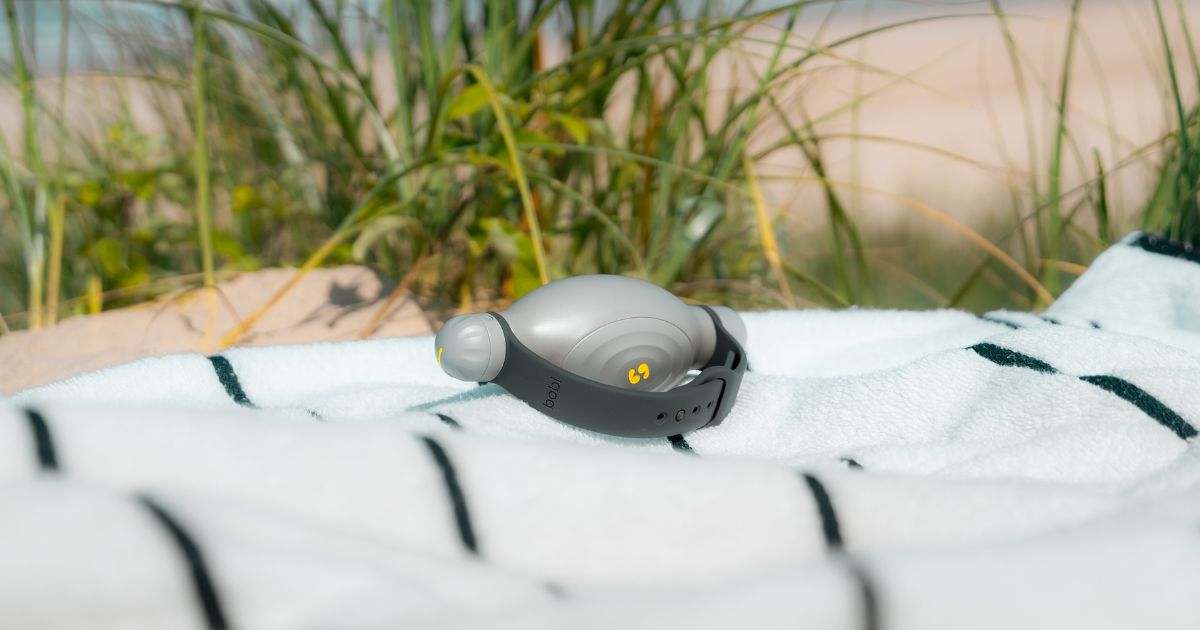
Every year, countless young adults face exam stress, a pivotal moment that can shape their academic and professional trajectories. Many do not perform to their potential as a result of experiencing too much stress. For some students, the stress response relating to exams is overwhelming and, therefore requires effective management.
Exams are an inevitable part of the educational journey, often accompanied by stress and anxiety. The fear of underperformance, coupled with high expectations, can make exams a distressing task for many young adults. The exam stress and anxiety manifest in various ways – sleeplessness, irritability, lack of focus, and even physical symptoms like headaches. This blog delves into how the simple, yet powerful, act of controlled breathing from bobi can help manage exam stress and boost performance.
Breathing is a fundamental life process, yet how often do we pay attention to it?
Controlled, slow breathing is a technique that involves consciously slowing and regulating your breath.
Physiologically, controlled breathing activates the body’s relaxation response, leading to decreased heart rate and blood pressure, and inducing a state of calm. Neurologically, it reduces the “fight or flight” response of the sympathetic nervous system and stimulates the parasympathetic nervous system, which helps the body rest, digest, and recover.
By using controlled breathing, one can regulate the body’s response to stress, making it a powerful tool for managing exam pressure.
Several studies affirm the link between breathing techniques and stress management. A study published in Frontiers in Psychology found that diaphragmatic breathing improves cognitive performance and reduces negative subjective and physiological consequences of stress in healthy adults.

Another study in Nature Reviews Neuroscience stated that mindfulness meditation, which incorporates focused breathing techniques, could lead to structural brain changes. This enhances cognitive functions, including attention and executive control. These findings are particularly relevant for young adults during exam periods, a time that demands high cognitive function and stress management.
Slow, controlled, breathing is now widely considered the most effective short and long-term management technique for exam stress.
The benefits of having adolescents learn this strategy have the potential to dramatically change their educational experiences by reducing the effects of exam stress.
Understanding the connection between breathing and stress management is one thing, but how can young adults practically incorporate this technique into their study routine? Here’s where bobi comes into play.
bobi is a wellness companion that guides users in adopting optimal breathing techniques. As a handheld device, it aids in learning and consistently practicing these techniques, making the process more accessible and effective.
For a young adult preparing for exams, bobi can be a lifesaver. Through its intuitive design, bobi guides the user to inhale and exhale at set rhythms, promoting slow, controlled breathing. This helps initiate the relaxation response, effectively managing exam stress levels. Slow controlled breathing, along with the action of hand contraction, results in an increase in alpha brain waves that are known to improve cognitive performance. In other words, with bobi, you’ll exhale exam stress, inhale success.

Many students report substantial difficulty undertaking breathing exercises without a physical aid. It is often said that we cannot think our way out of a high state of exam stress. This particularly reflects a difficulty for adolescents who may not always have a long-term perspective, especially concerning school grades.
The benefits of using bobi extend beyond just stress management. The deep focus on the breath can also boost concentration levels, helping students retain information better and maintain attention during long study sessions or during the exam itself. The physical action of using bobi, involving repetitively squeezing the device, has been shown to have clear cognitive benefits, including improving memory.
Exams don’t have to be a source of overwhelming stress. With the right strategies, like controlled breathing, young adults can manage their exam stress and enhance cognitive function for better performance. Tools like bobi can be instrumental in learning and adopting these breathing techniques. So take a deep breath, let bobi guide you, and embark on your journey to a calmer, more focused exam experience.
Breathing techniques can manage stress levels, improve concentration, and enhance cognitive functions, which are critical for exam performance.
Breathing techniques stimulate the body’s relaxation response, reducing the “fight or flight” response, and helping to manage stress.
bobi, as a handheld device, provides rhythmic guides for inhalation and exhalation, helping users practice effective, deep, controlled breathing.
Users can take regular breaks during study sessions to use bobi and practice controlled breathing. The same can be done before and during the exam to manage stress.
Yes, the breathing techniques practiced with bobi can help manage any form of stress, not just exam-related.
While individual results may vary, many users report feeling calmer and more focused within a few weeks of consistent practice with bobi.
Stay updated on what's happening at bobi, and all things breathing, anxiety and mental wellness.